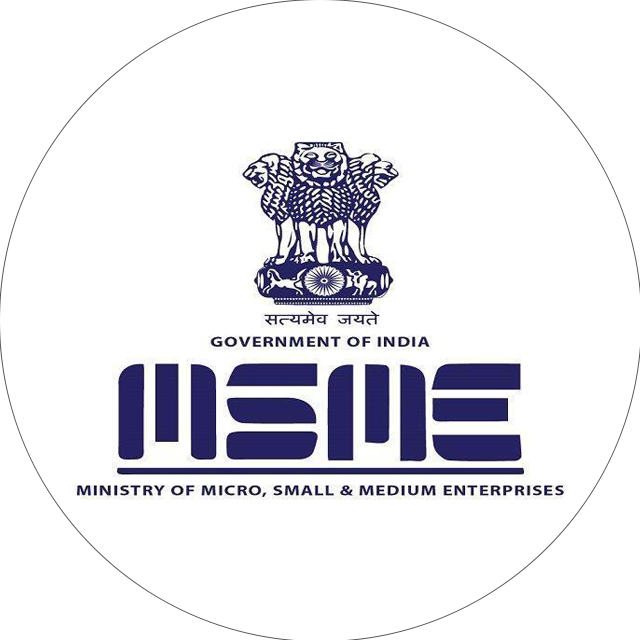AKEST ECH - A Development Company
Top #1 Mobile App and Software Development Company, developing your dreams.
No road is long enough with a good company. Akestech Infotech Pvt Ltd is the solution to your IT problems, ranging from software development to API Integration. It is the brainchild of Mr. Ashutosh Singh and Mr. Sani Vishvakrma. Our web developing company is a basket of revolutionary services, including designing, outsourcing, and implementing hosted solutions. With the motive of providing catering IT solutions to small and medium businesses around India and the globe. From the roots of Lucknow, we deliver the most comprehensive suite of managed IT services. Our proven service portfolio meets the varying needs of customers, including implementation services and Hosted IT solutions. Our known Quality Service allows us to provide all our customers with an efficient solution to all inefficient problems.











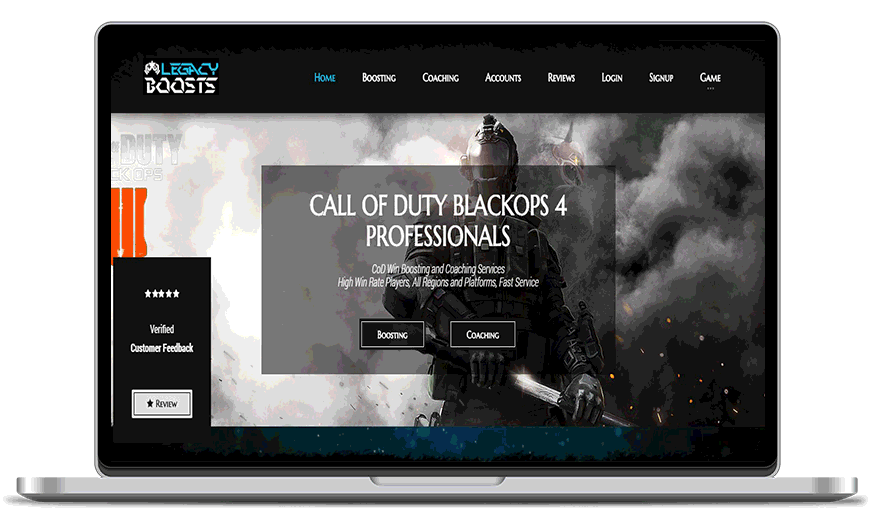




















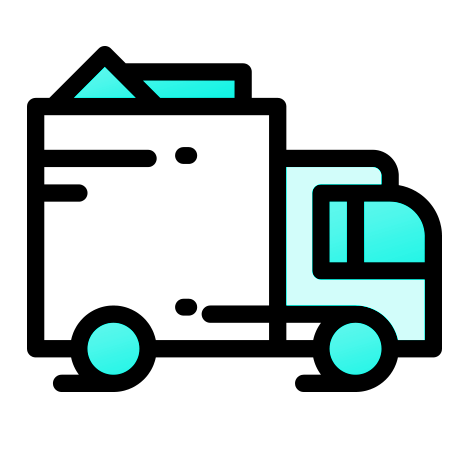


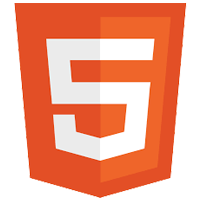










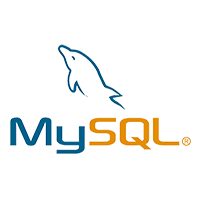


























.png)





